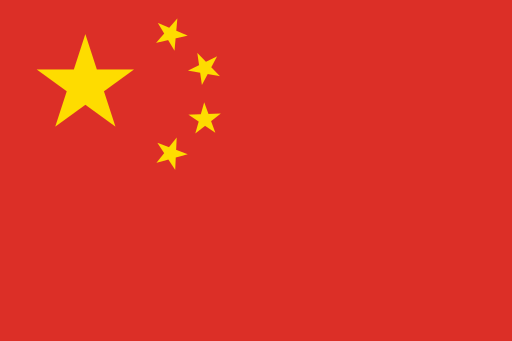

The Chinese Year of the Ox begins Friday, and in the shadow of Hong Kong’s futuristic urban skyline, wild bovines are getting some love.
Cattle and water buffalo embody hard work and serenity in the 12-animal Chinese zodiac, and were used on Hong Kong farms for centuries to plough rice fields, pull carts and provide milk and meat. But as farms began to shut down in the the 1970s, many animals were abandoned and their descendants became the wild cattle and buffalos now commonly seen in rural Hong Kong.
Ho Loy of the Lantau Buffalo Association and her team of volunteers dedicate most weekends to checking on the cattle that roam the biggest island within the territory of Hong Kong. Starting mid-morning they distribute grass and hay bought with donated funds to different herds around the island.
“The animals are a very important part of our culture, of our city planning, especially rural planning,” Ho said. The animals provide an opportunity to explore ‘what that means to Hong Kong people about the nature, the remaining nature value in Hong Kong’.
Hong Kong’s Agricultural, Fisheries and Conservation Department estimates there are approximately 1,100 brown cattle and 120 water buffalo distributed across Hong Kong’s Lantau Island and rural parts of the New Territories near the border with China.
The Lantau Buffalo Association hopes to preserve the animals and their habitat, reduce friction with growing human communities and lobby for long-term environmental preservation policies.
While Hong Kong is best known for its neon-lit, densely-packed urban environment, more than three-quarters of the southern Chinese territory of 7.5 million people remains green hills and forests.
Over her 14 years of caring for the animals, Ho, a Lantau resident herself, has come to know them well. Water buffalo are ‘very shy, they spend most of the time in the wetland. So, preserving the wetland is one thing will help them to live healthy’, she said.
Cattle, on the other hand, are very sociable, especially if you have food.
“They will come and get your food and they are not scared of humans,” Ho said.
Fiona Woodhouse of the Hong Kong Society for the Prevention of Cruelty to Animals said the welfare of wildlife speaks to the overall health of Hong Kong’s environment and cultural heritage.
“So, we need to … ensure their welfare as much as possible and look at what we’re doing in Hong Kong to see how it impacts those animals and their ability to survive and live safely in Hong Kong,” Woodhouse said.
Source: RSS/AP